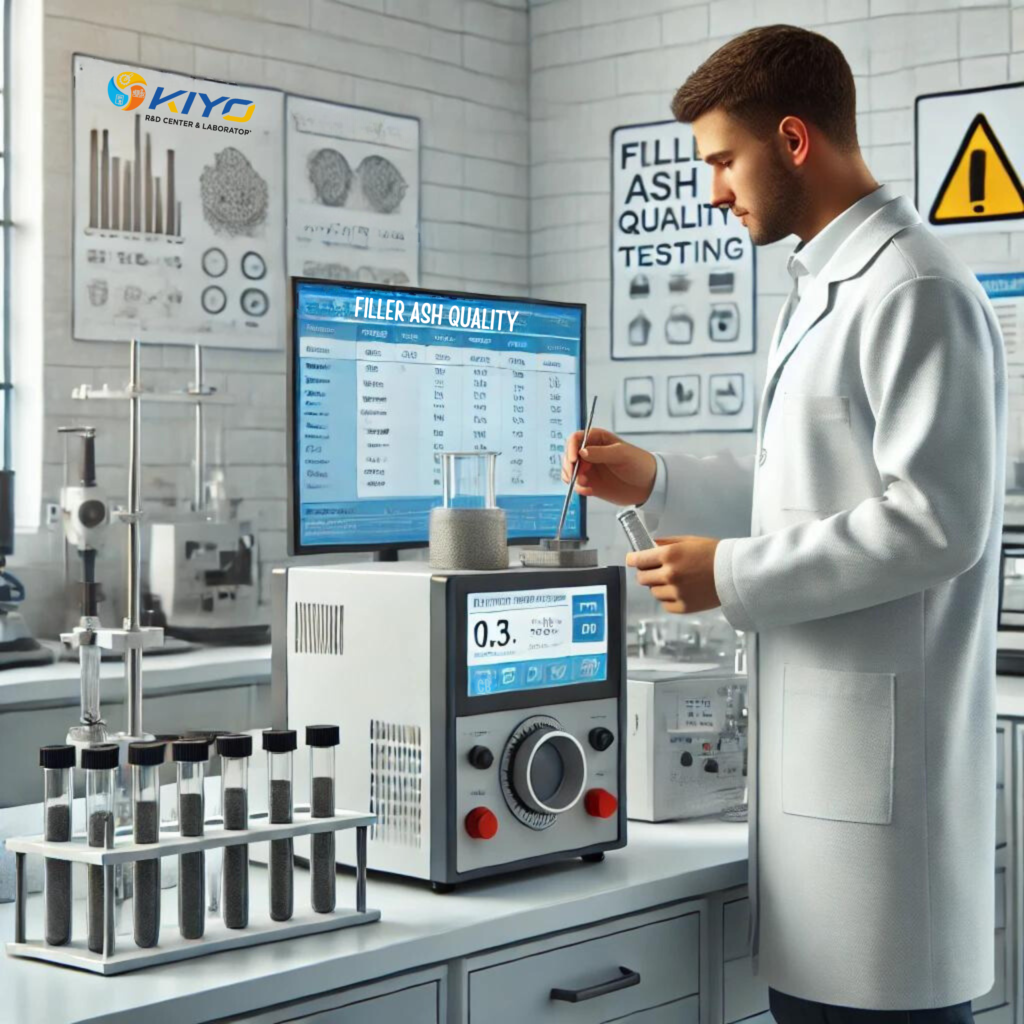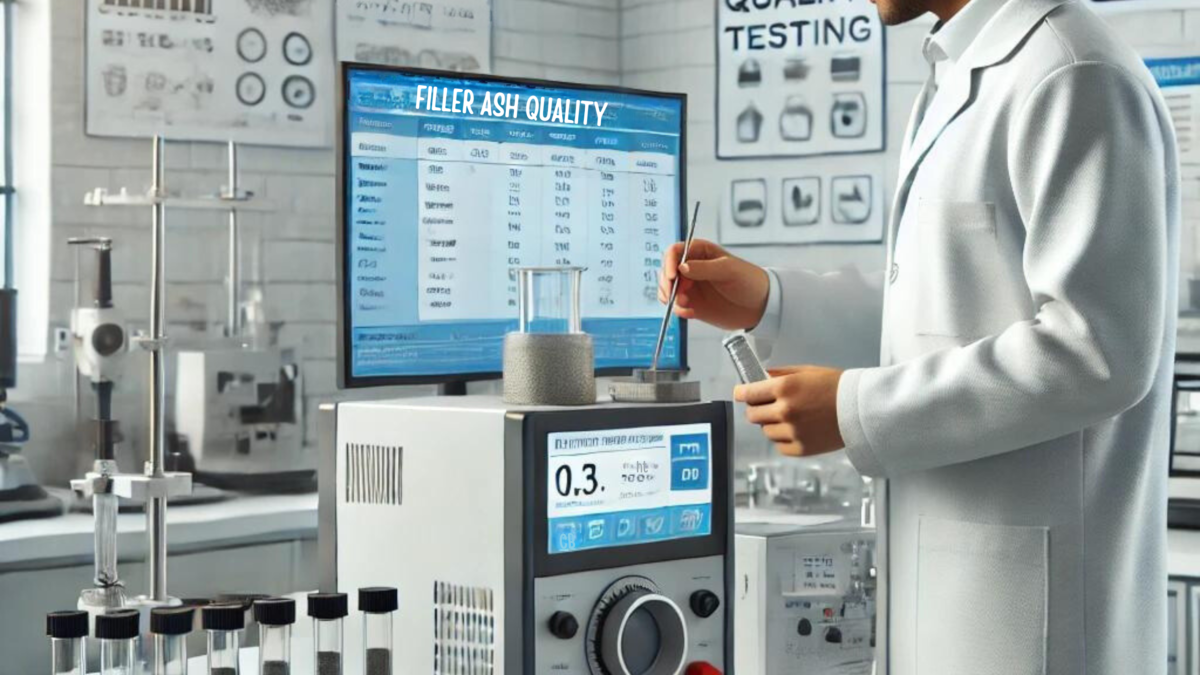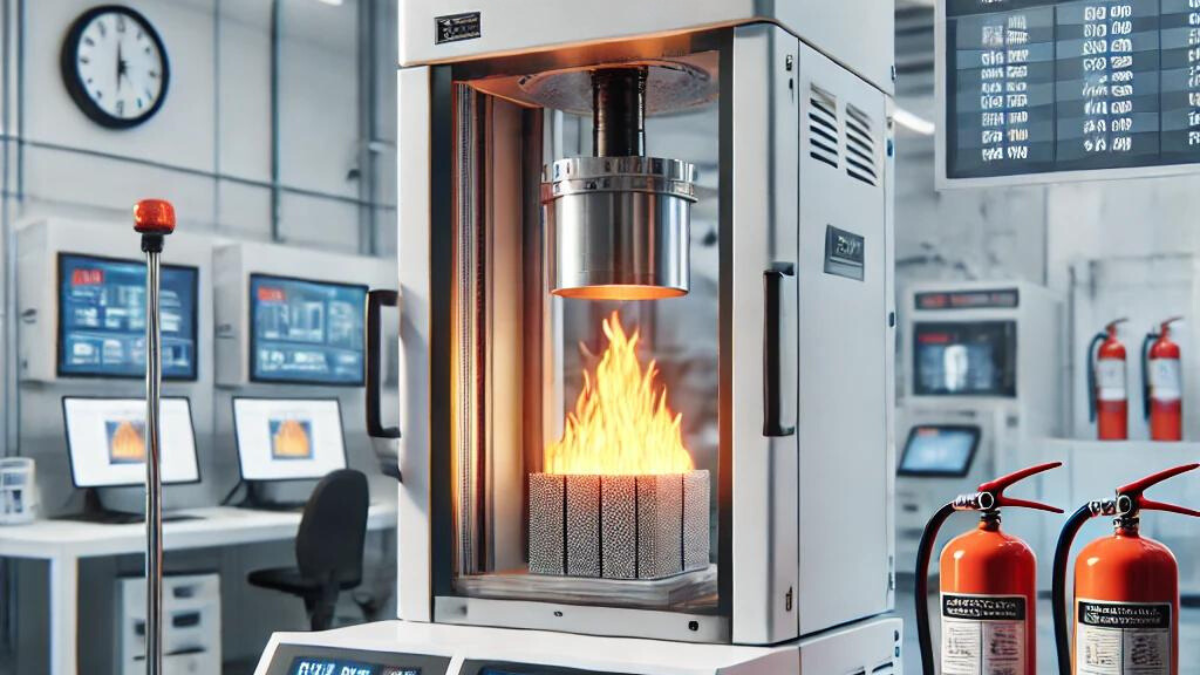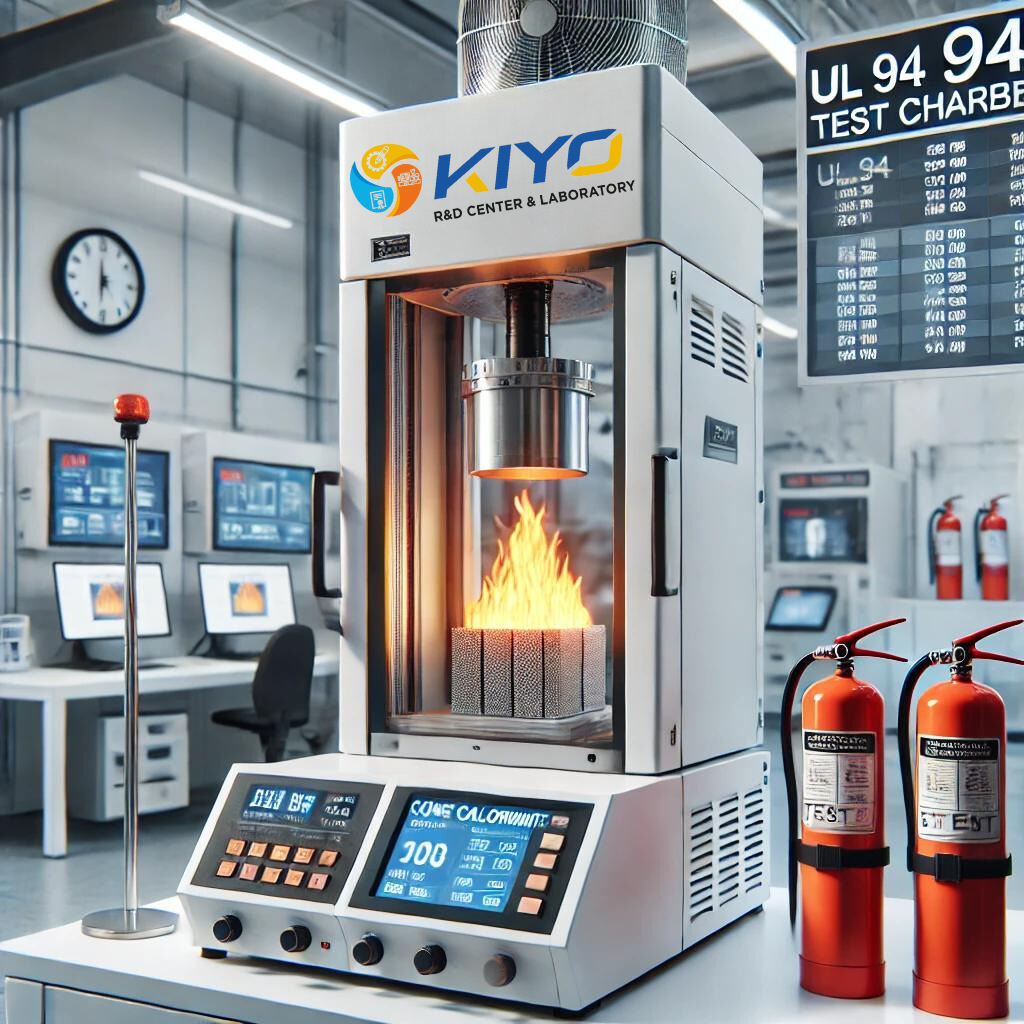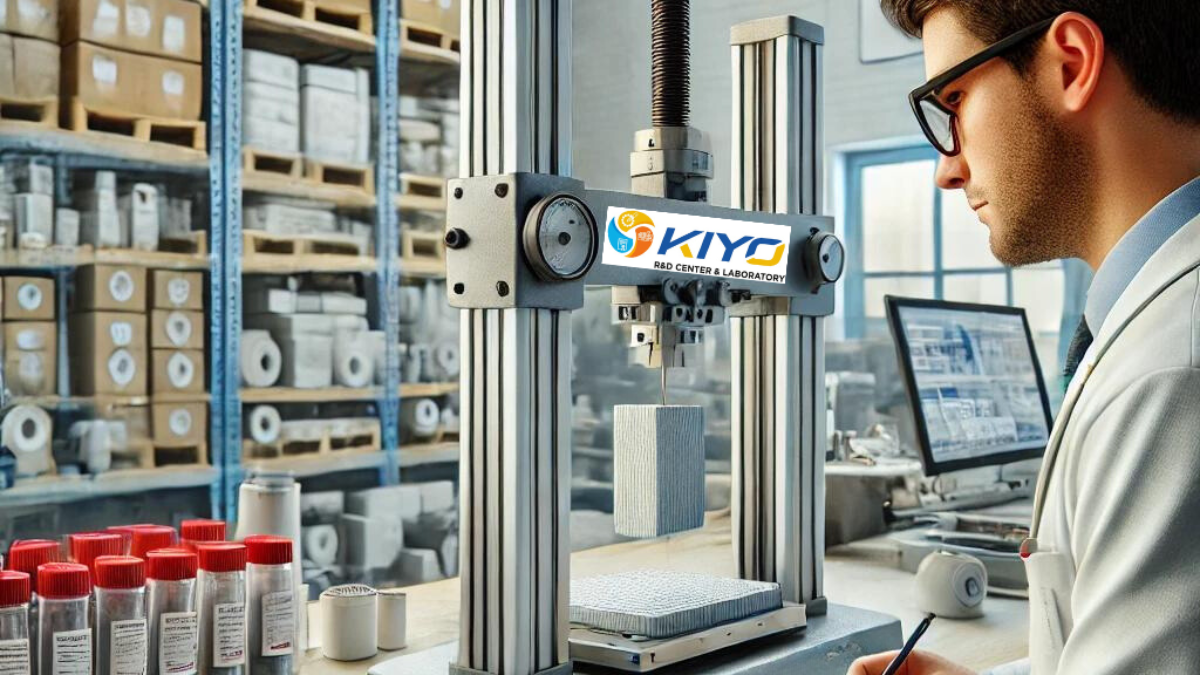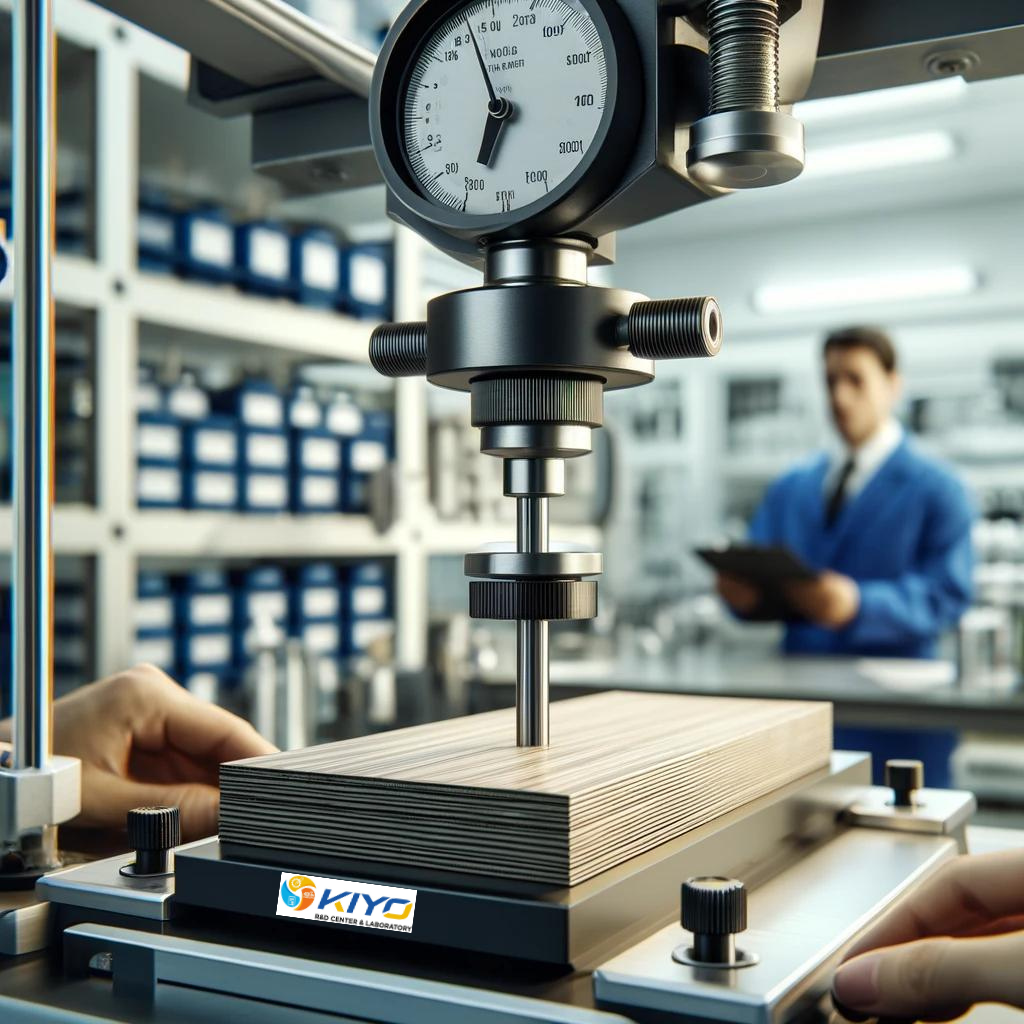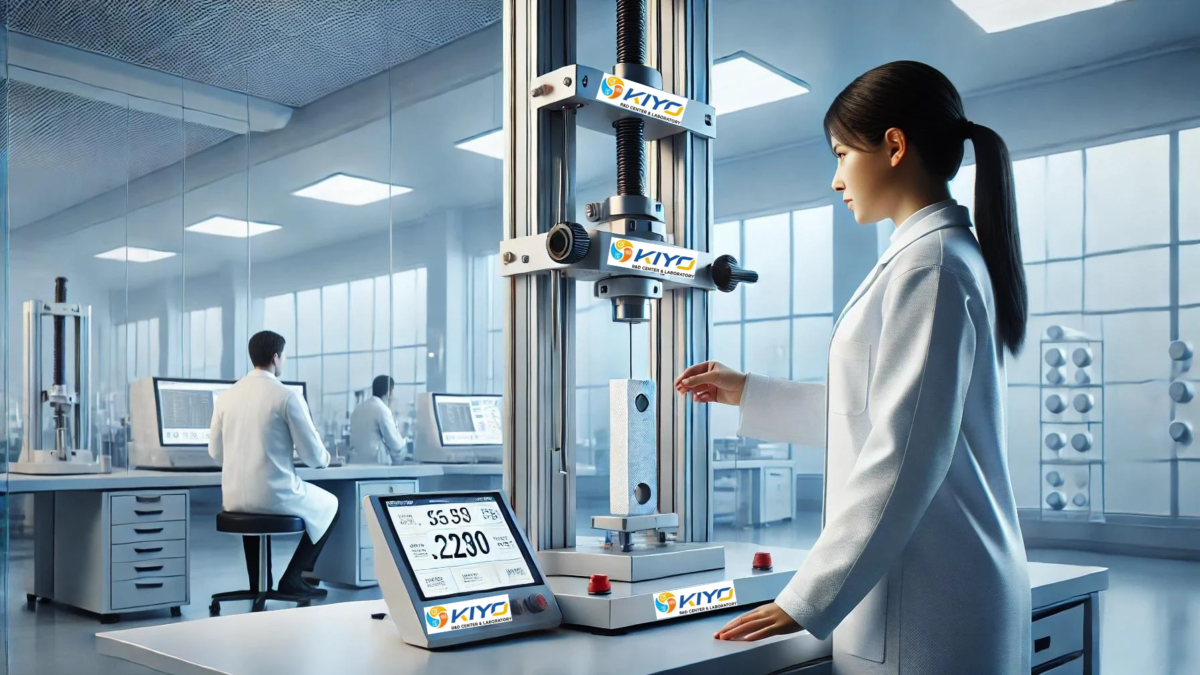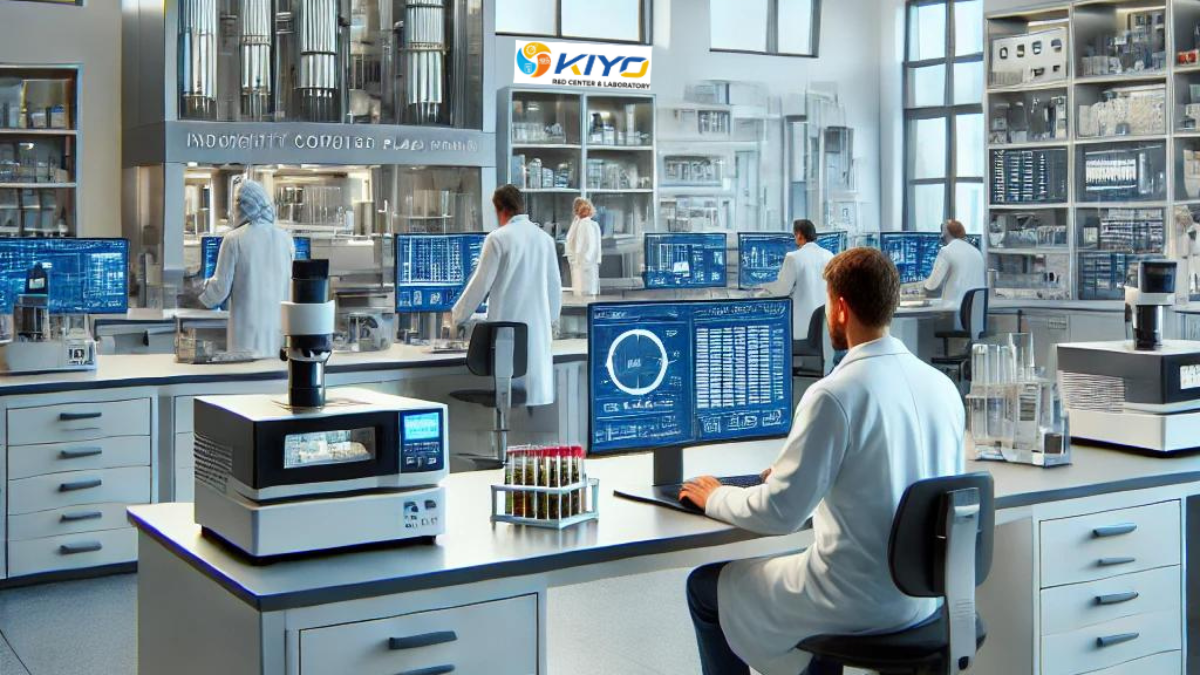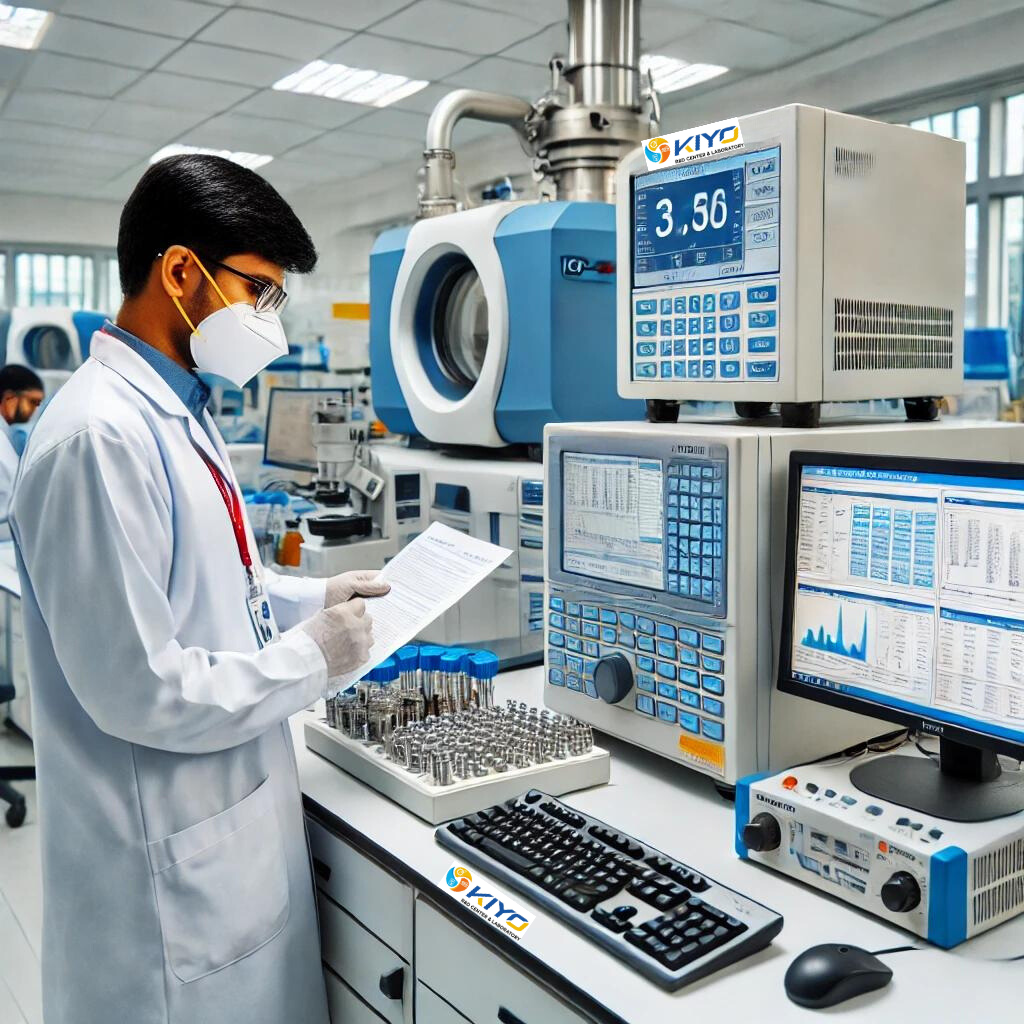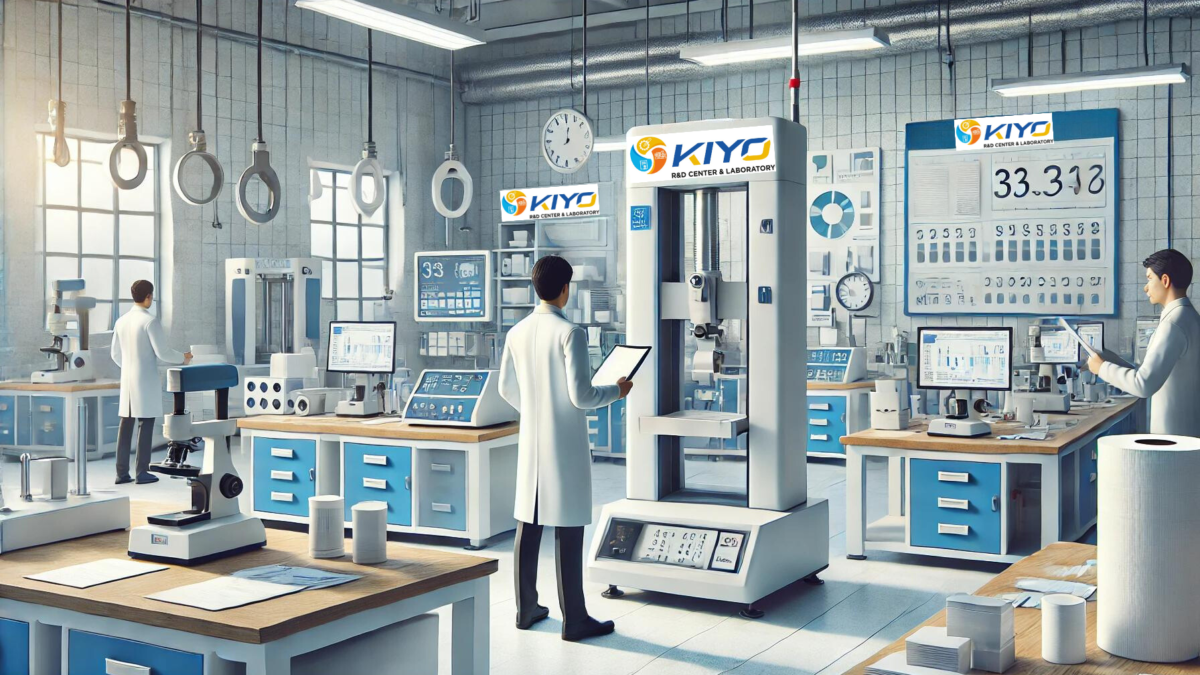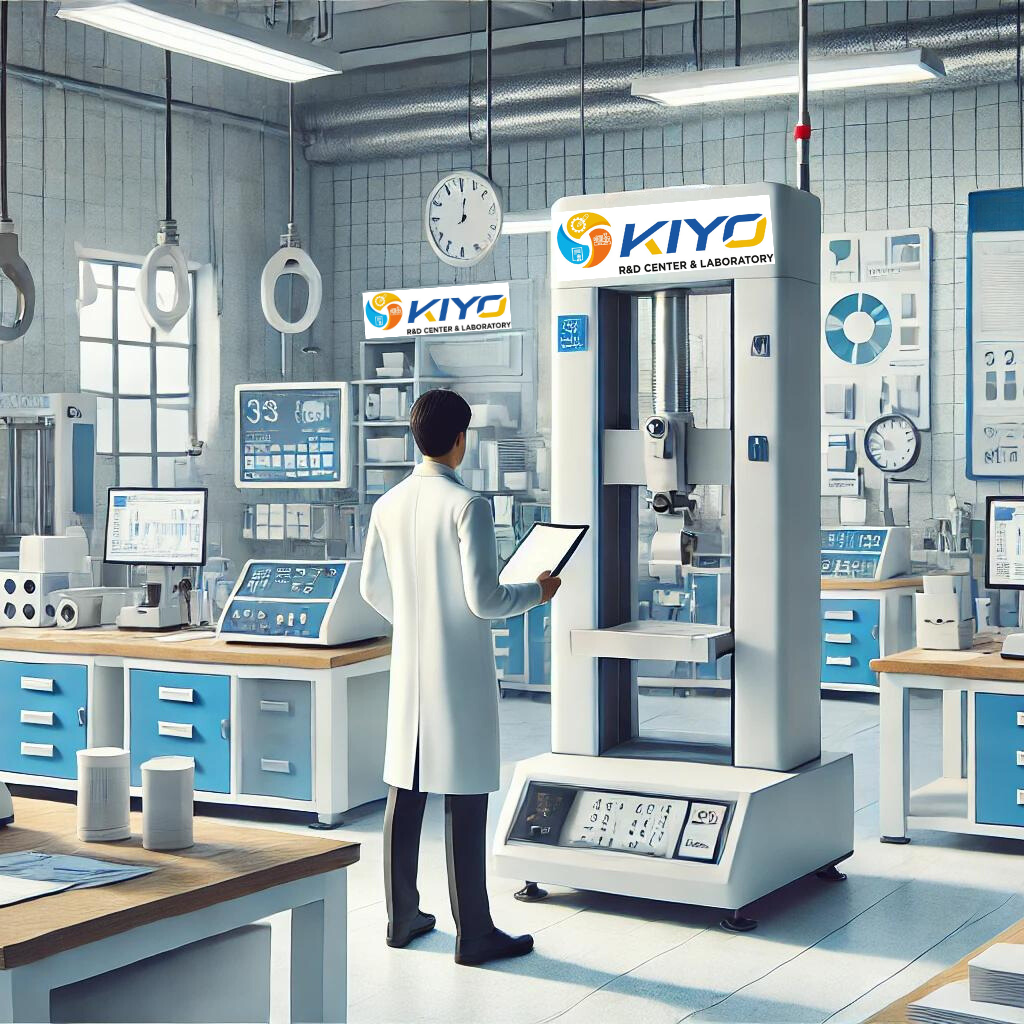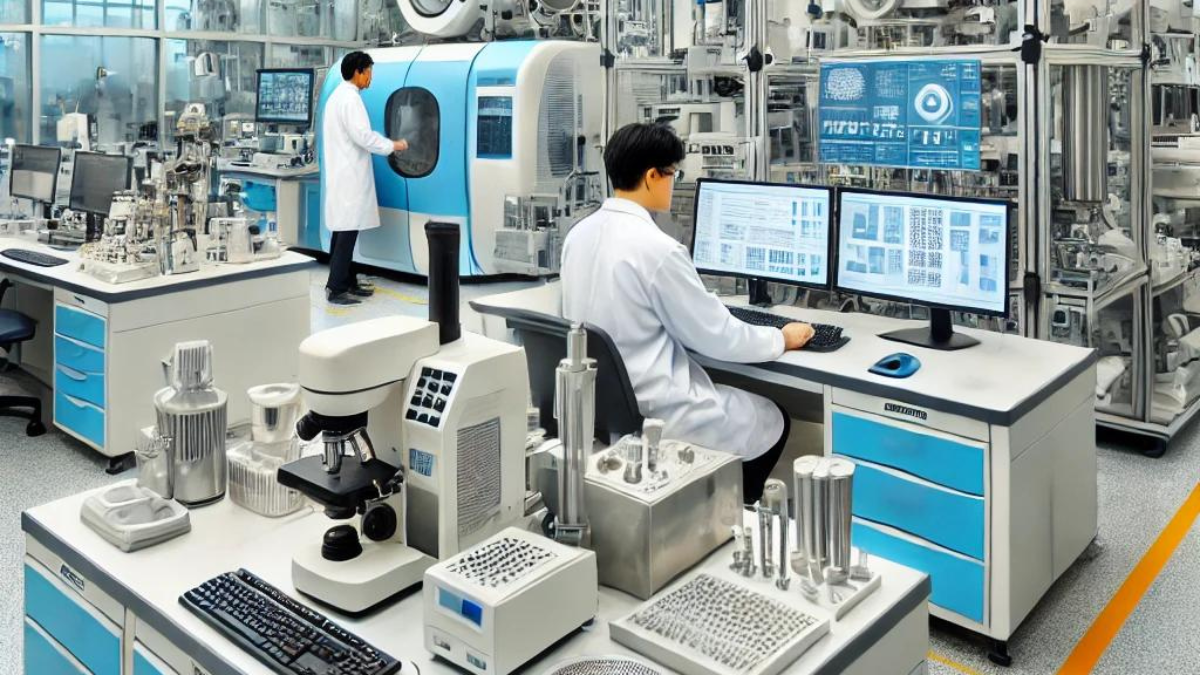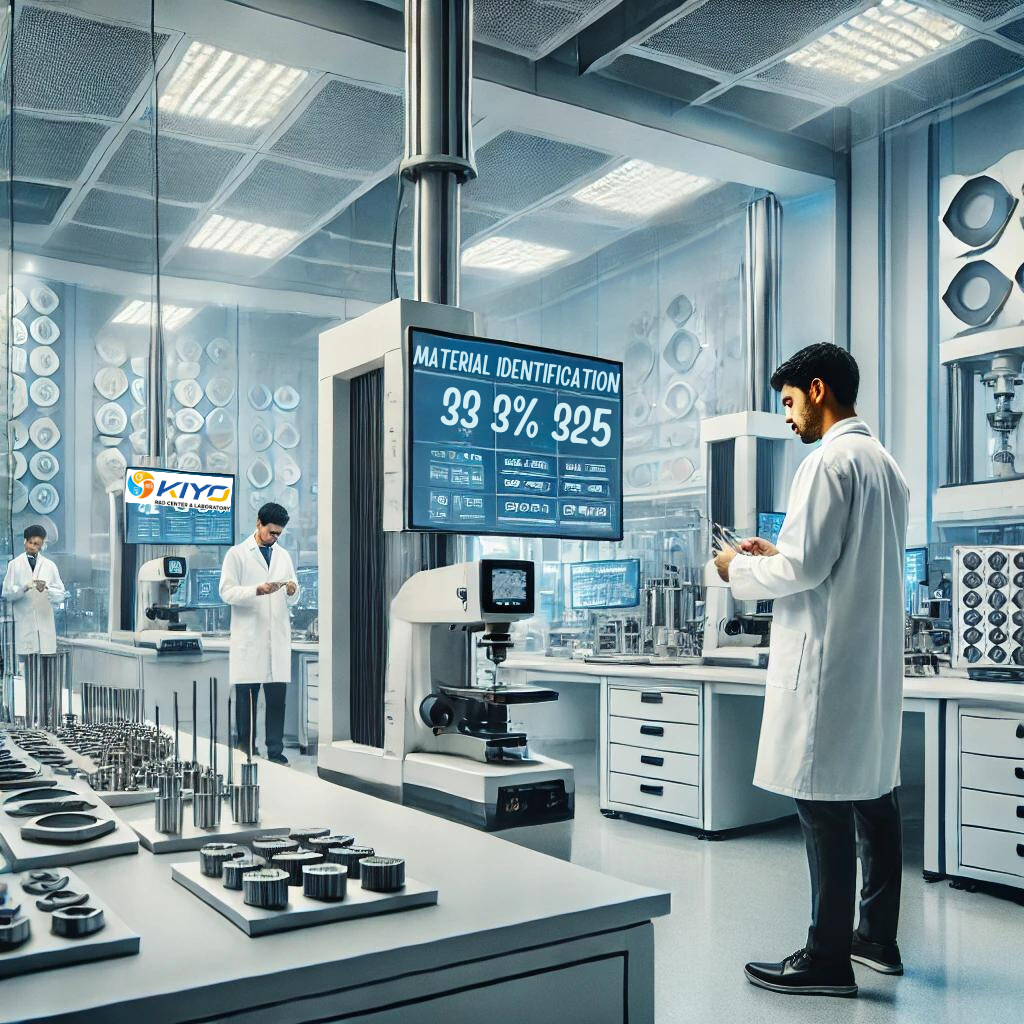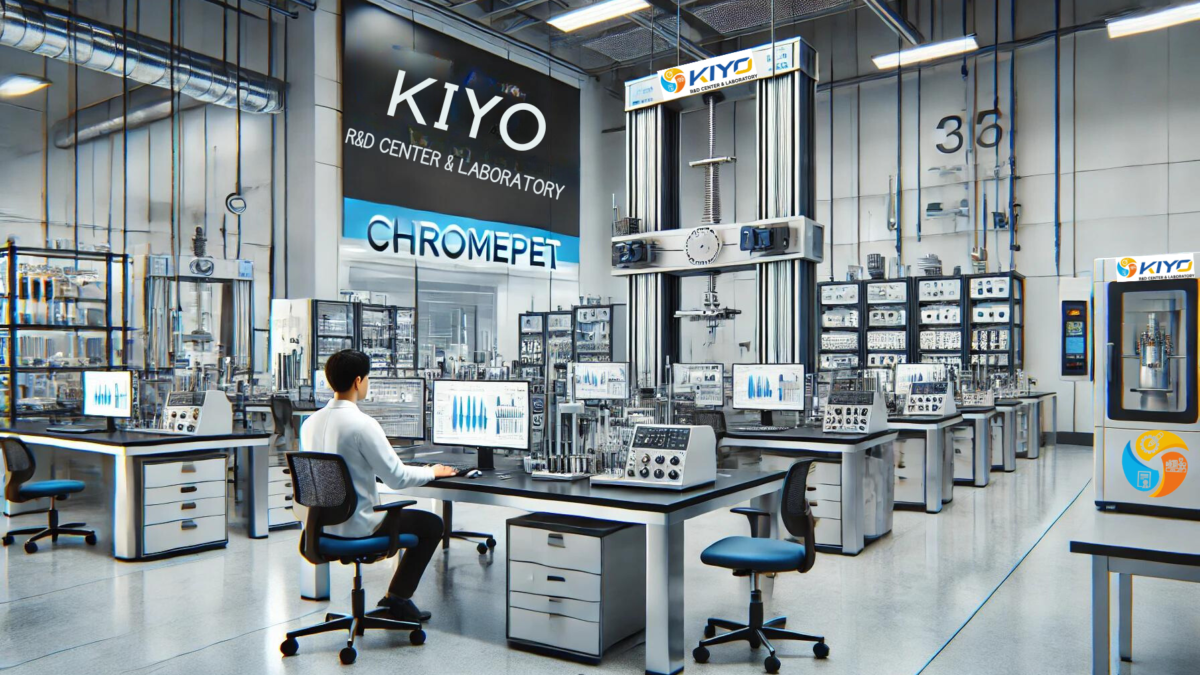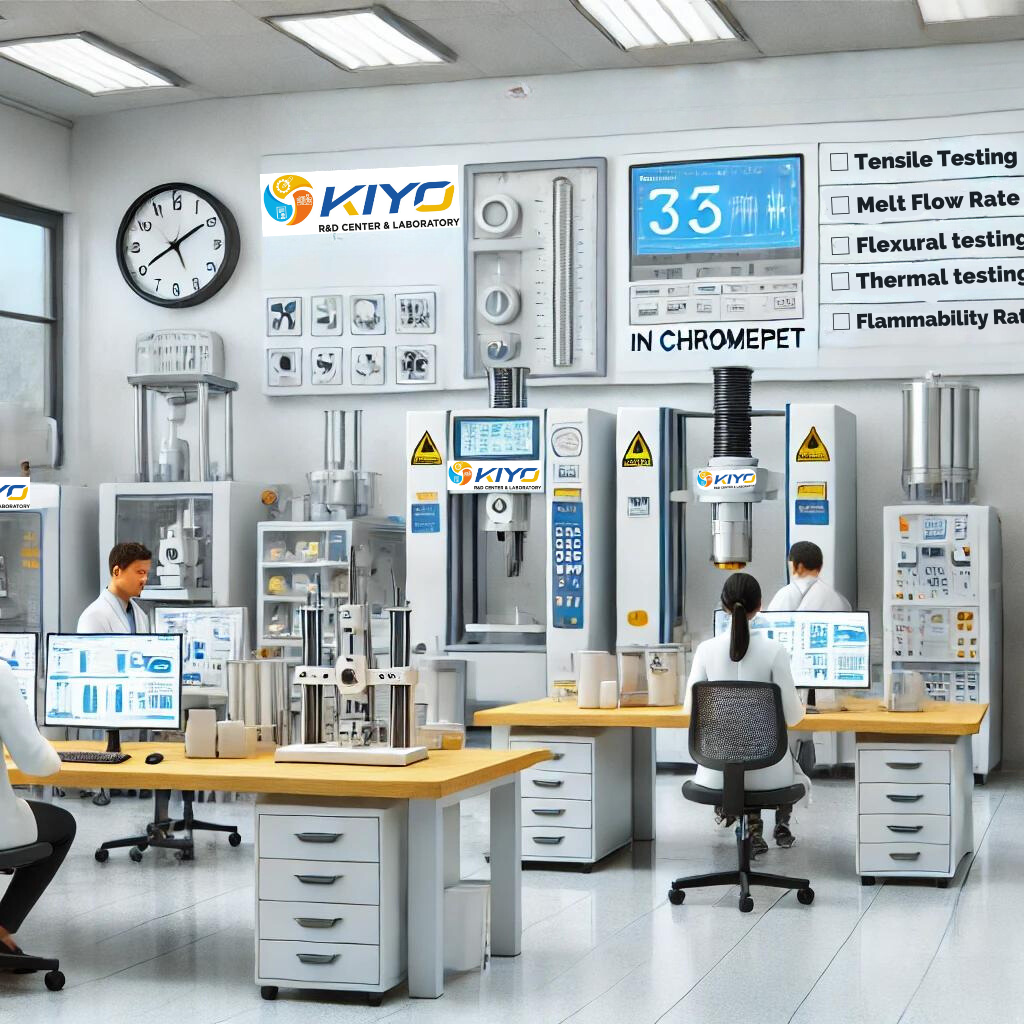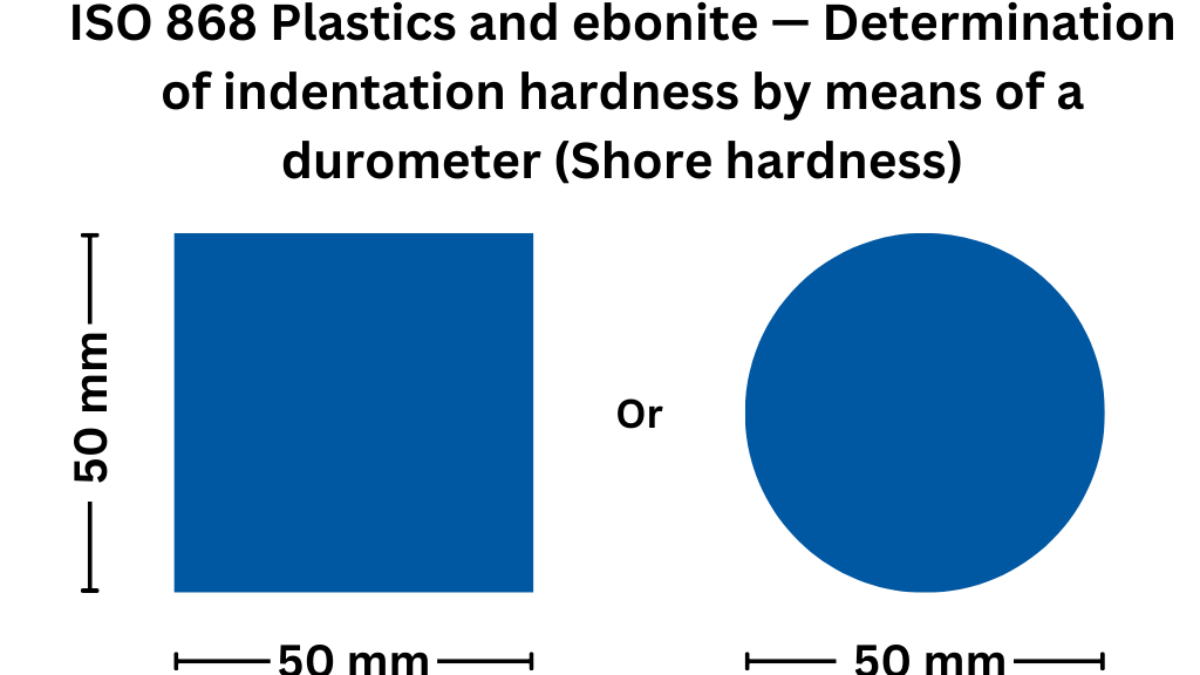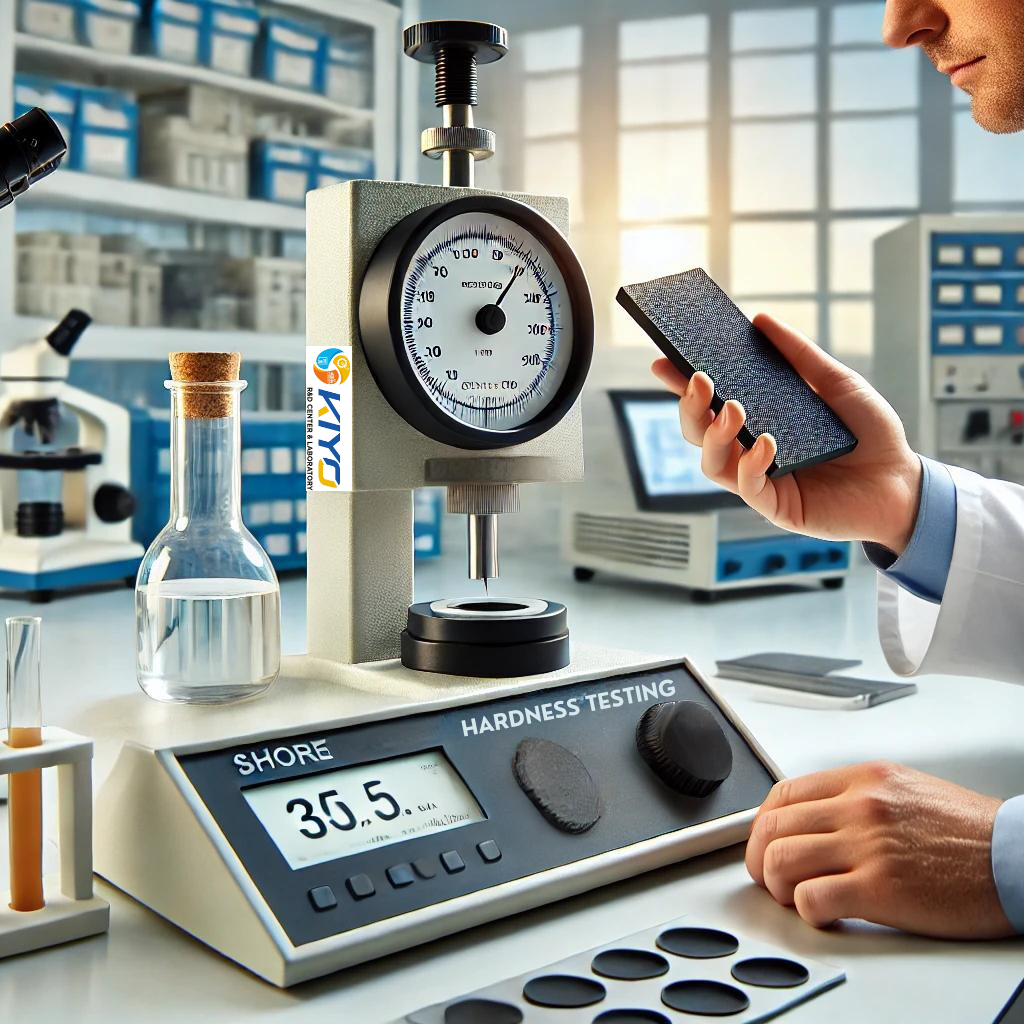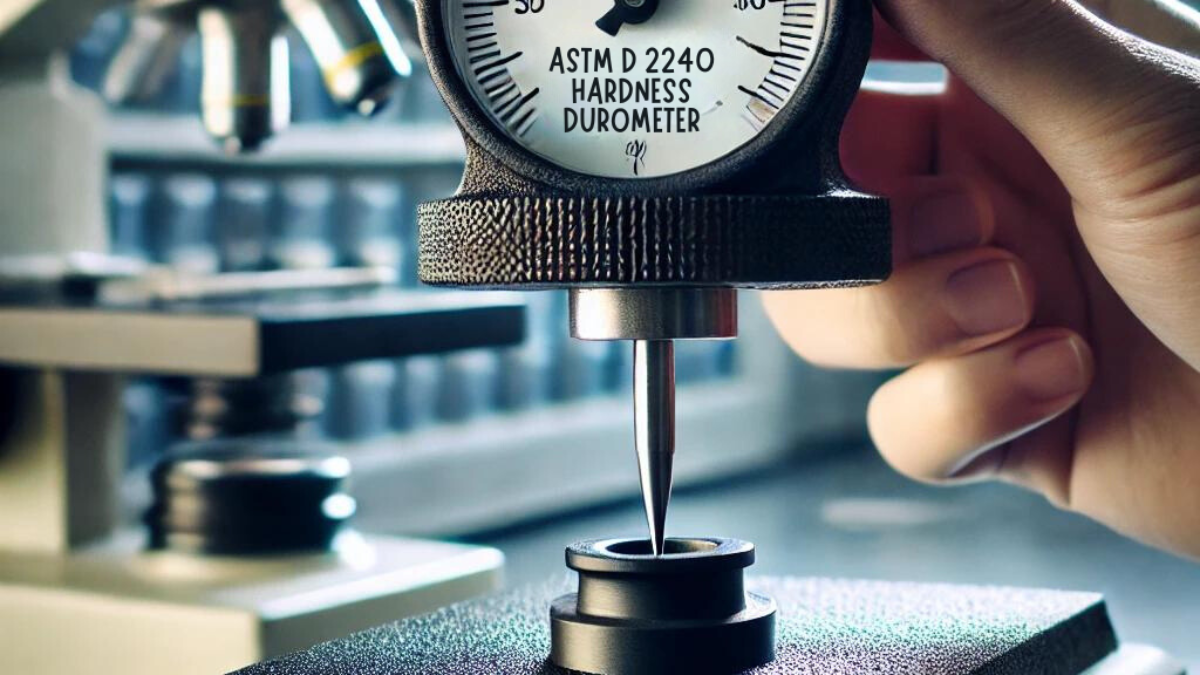Filler Ash Quality Testing
The Role of Filler Ash Quality in Material Enhancement
Welcome to the Kiyo R&D Center & Laboratory Blog
At Kiyo R&D Center & Laboratory, we understand the critical importance of filler ash quality in material science. Our rigorous testing processes ensure that the materials used in various industries meet the highest standards of performance and safety.
Why Filler Ash Quality Matters
Filler ash, the inorganic residue after combustion, influences several material properties, including:
- Strength and Durability: Enhancing the structural integrity of composites.
- Thermal Resistance: Improving the material’s ability to withstand high temperatures.
- Cost Efficiency: Optimizing the use of fillers to reduce costs without compromising quality.
Our Testing Methodology
Our approach to filler ash quality testing includes:
- Sample Collection: Careful selection and preparation of material samples.
- Combustion Analysis: Precise measurement of inorganic content post-combustion.
- Data Interpretation: Detailed analysis to assess the impact of filler ash on material properties.
Benefits for Industry
Filler ash quality testing is vital for:
- Quality Assurance: Ensuring consistent quality in manufacturing.
- Regulatory Compliance: Meeting industry standards and safety regulations.
- Material Optimization: Tailoring material properties for specific applications.
Applications Across Sectors
Filler ash quality testing plays a crucial role in various sectors:
- Automotive: Enhancing component durability and heat resistance.
- Construction: Improving the strength and longevity of building materials.
- Plastics and Rubber: Optimizing filler content for better product performance.
Future Innovations
Looking ahead, Kiyo R&D Center & Laboratory is committed to:
- Sustainable Solutions: Exploring eco-friendly fillers to reduce environmental impact.
- Advanced Testing Techniques: Utilizing cutting-edge technology for more accurate analyses.
- Collaborative Research: Partnering with industry leaders to innovate material enhancement.
Conclusion
Filler ash quality is a fundamental aspect of material science, impacting the performance and safety of products. At Kiyo R&D Center & Laboratory, we are dedicated to leading in this field through comprehensive testing and continuous innovation.
